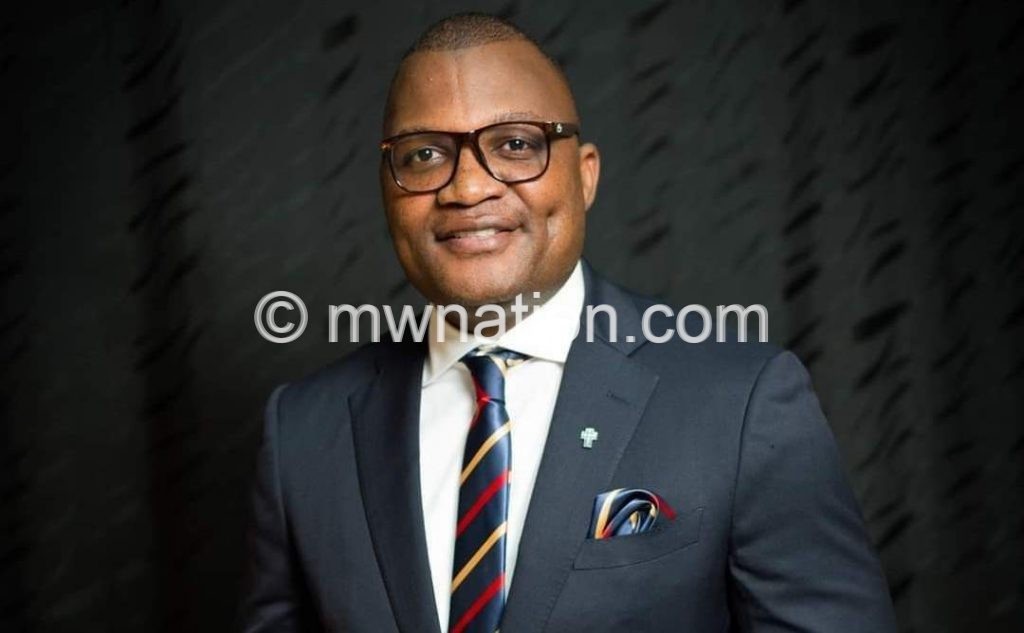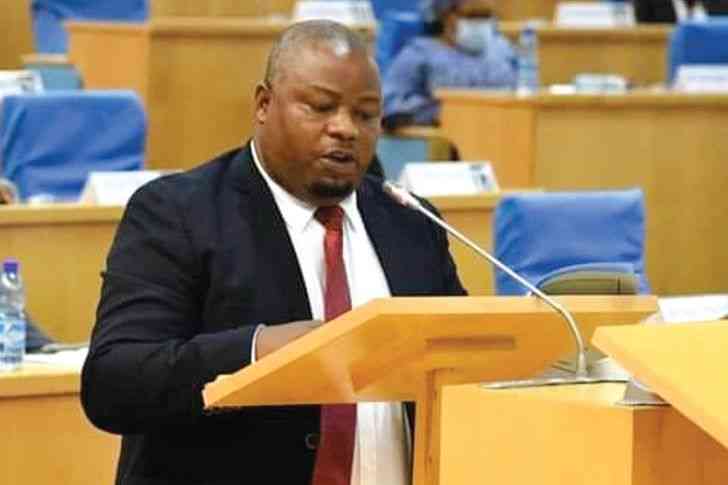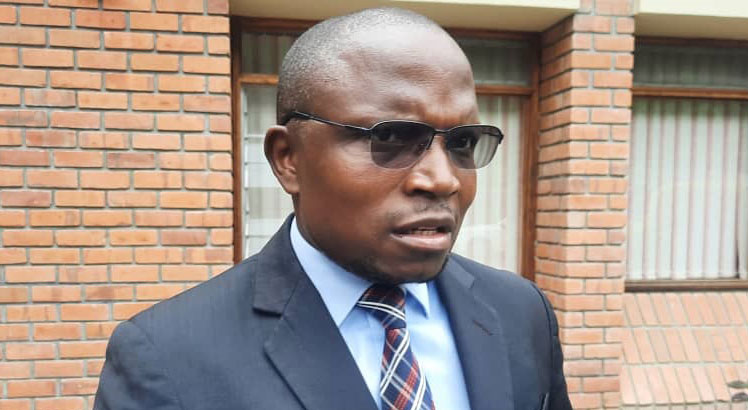Wasteful Chakwera
The Tonse Alliance’s Cabinet and presidential advisers will cost the tax payers nearly K1.6 billion in salaries and benefits annually, which is K500 million more than the Democratic Progressive Party (DPP) administration, Nation on Sunday has established.
The jump in the wage bill is due to the bloated Cabinet as President Lazarus Chakwera is managing a 31- member Cabinet and a battalion of 20 advisers.

Former president Peter Mutharika maintained 20 ministers and 16 aides during his tenure—2014 to 2019—which annually accumulated a wage bill of around K1.1 billion.
The K500 million extra cost would be enough to pay salaries for 400 new primary school teachers for a whole year.
Currently, government is yet to employ dozens of trained teachers despite the pupil to teacher ratio–standing at 58.6—being the worst in southern Africa, according to the World Bank.
Information we have gathered is that government spends K3.5 million on every senior Cabinet minister and K3 million on a deputy minister monthly.

Cabinet minister’s benefits include a salary of around K1.6 million, K800 000 fuel, K85 000 airtime, K750 000 house allowance, K250 000 personal assistant’s salary, utilities allowance of K300 000 for water and electricity bills and K40 000 entertainment allowance.
The current Cabinet has 23 ministers and eight deputies, which costs around K105 million monthly. This translates to K1.3 billion while Mutharika’s, with 16 senior and four deputies, cost K68 million monthly, and K816 million yearly.
State House confirmed that Chakwera’s five chief advisers are in grade C, which is equal to Principal Secretaries. Their salary as confirmed by the Department of Human Resources is around K1.4 million monthly, and 400 litres [K400 000] of fuel monthly.
The other 15 aides fall under D grade, which is equal to a director in the civil service and their monthly salary, according to the Department of Human Resources, is K1 million.
While the directors in the civil service do not get additional benefits, we have found out that the advisers get fuel and airtime in the region of K300 000 per month.
Based on the figures, Chakwera’s 20 special advisers’ annual wage bill shoots up to K360 million while Mutharika’s team was jointly pocketing K280 million.
Annually, the Chakwera advisers and Cabinet are costing tax payers about K1.7 billion while the DPP’s wage bill was at K1.1 billion—almost half a billion kwacha less.
Added to these benefits, the advisers and ministers’ official cars are Toyota brands Prado TX, VX, Fortuner or Hilux. The vehicles cost between K60 million and K110 million each.
Leader of Opposition in Parliament Kondwani Nankhumwa, in an interview during the week, criticised the increased number of advisers, saying government would function efficiently with advice from ministers and principal secretaries.
“I wonder if some of the presidential advisers are adding value. In a situation where we already have more than enough ministers for each field and whose role is to advise the President, it makes no sense to recruit extra personal advisers,” Nankhumwa said.
He said other than the renumerations, the Tonse Alliance cabinet is draining more government funds.
“The bloated Cabinet means bloated ministerial offices which translates into bloated government structures. Obviously, this has potential of draining our meagre resources,” he said.
Nankhumwa, who is also DPP vice-president for the Southern Region, said Chakwera can do better by merging some of the ministries.
But presidential press secretary Brian Banda, in a response to a questionnaire, said Chakwera’s manifesto did not promise a lean Cabinet.
“Instead, its [manifesto] focus was on the character of Cabinet for purposes of developing Malawi in an inclusive spirit, which is what the current cabinet fulfills,” he said.
But prior to the 2014 presidential elections, Chakwera hinted on having a 20-member Cabinet and said he would legally make that figure a standard for all upcoming administrations.
Banda also parried away suggestions that the President can operate effectively without a large contingent of advisers, but relying on ministers and principal secretaries.
He said: “Ministers give the President governance advice; Principal Secretaries from the civil service give the President technical advice; the five chief advisers the President has appointed give him policy advice.”
Political analyst Happy Kayuni attributed the bloated Cabinet and team of advisers to political appeasement, saying the President is trying to please his alliance partners.
The Chancellor College lecturer, however, warned that the President’s conduct has the potential to damage government’s image.
“Cabinet appointments play a critical role in improving or damaging the image of the government hence needs to be done carefully not only in terms of the specific individuals appointed, but even numbers. It is one of the most visible elements in any political institution.
“The President should, therefore, have been careful to ensure that he sticks to the promise. Otherwise, he invited unnecessary criticism on the matter,” he said.





